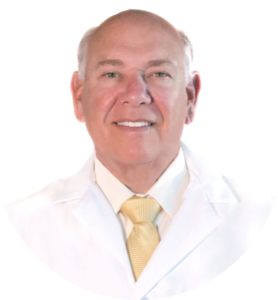In 2015, according to The National Institutes of Health (NIH), there were approximately 15 million alcoholics in the US-with estimates suggesting that up to 10 million of them suffered from painful small fiber peripheral neuropathy, the most common neurological complication associated with alcoholism. As previously discussed, the toxic effects of alcohol on intestinal thiamine (vitamin B1) transporter molecules act to inhibit the absorption of dietary/water soluble vitamin B1. This leads to thiamine deficiency and contributes to alcoholic peripheral neuropathy and cognitive impairment. Benfotiamine, a lipid soluble form of vitamin B1, is absorbed from the gut via passive diffusion and, as such, reverses vitamin B1 deficiency in alcoholics even in the presence of damaged thiamine transporter molecules. It is an excellent treatment choice to safely reverse vitamin B1 deficiency and neuropathic symptoms in alcoholics.*
The duration and quantity of alcohol consumption over the course of a patient’s lifetime are the factors most directly associated with the development of alcoholic peripheral neuropathy. Clinicians should take a detailed history of their patient’s alcoholic consumption-keeping in mind that many patients tend to underreport their use of alcohol. Patients with painful polyneuropathy who currently drink alcohol to excess and reformed alcoholics-no matter how long the length of sobriety-should be considered for treatment with benfotiamine supplementation if the patient’s lifetime consumption of alcohol warrants it.
Because of the manner in which it is metabolized, benfotiamine is best given as follows: 300mg bid for the first 30 days as a loading dose, followed by a maintenance dose of 150mg bid thereafter. Clinical improvement often occurs within the first 30 days.*
